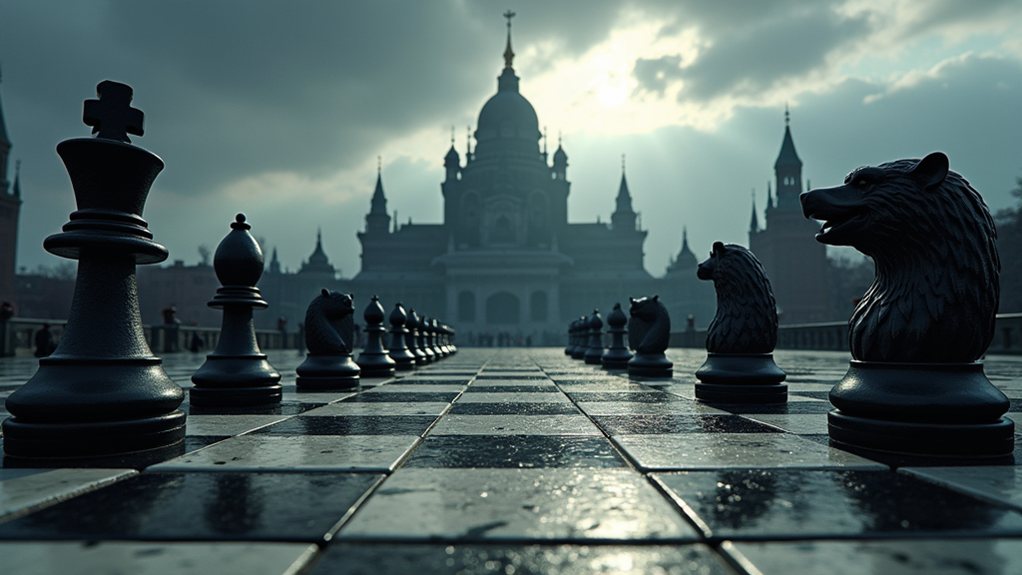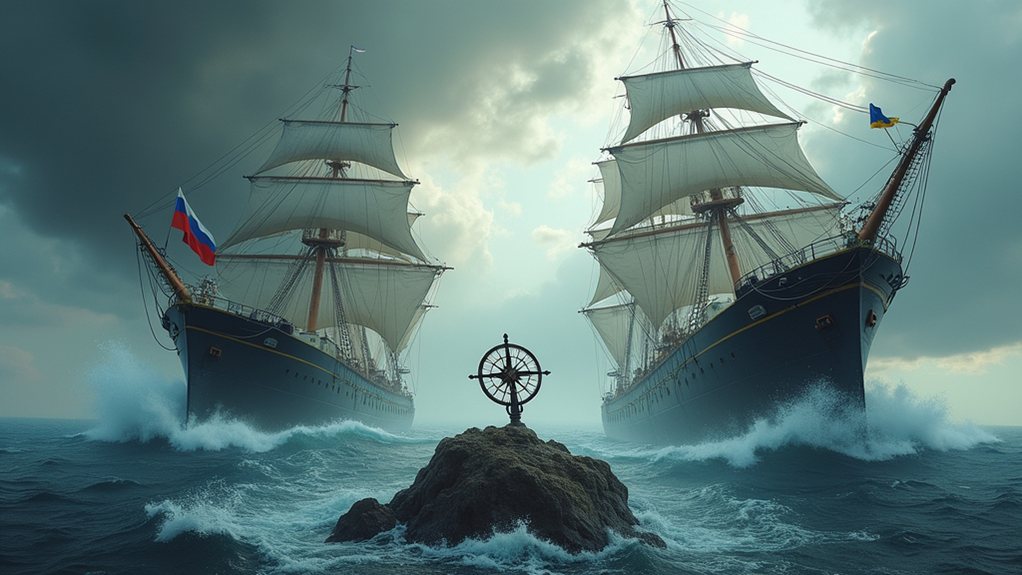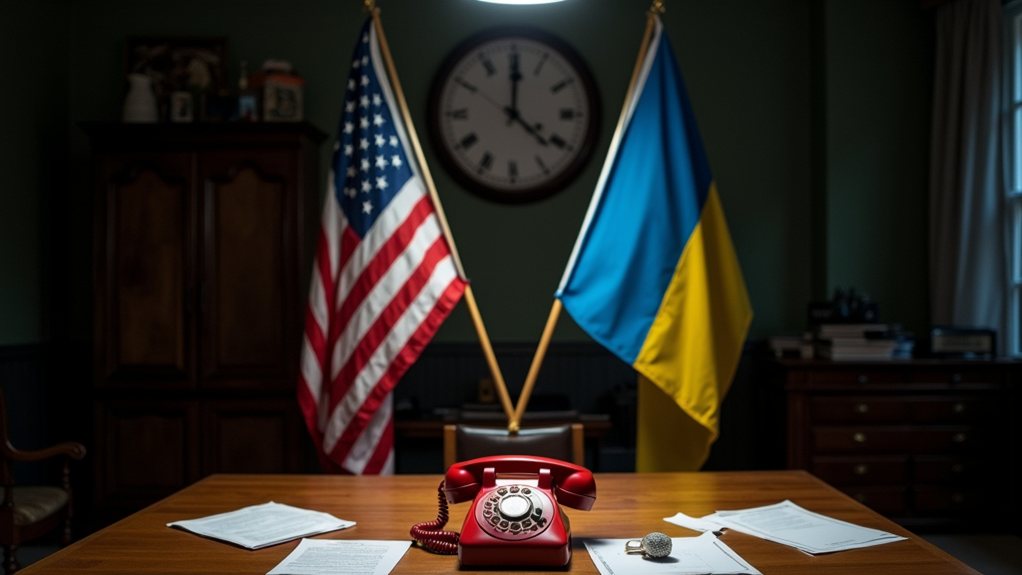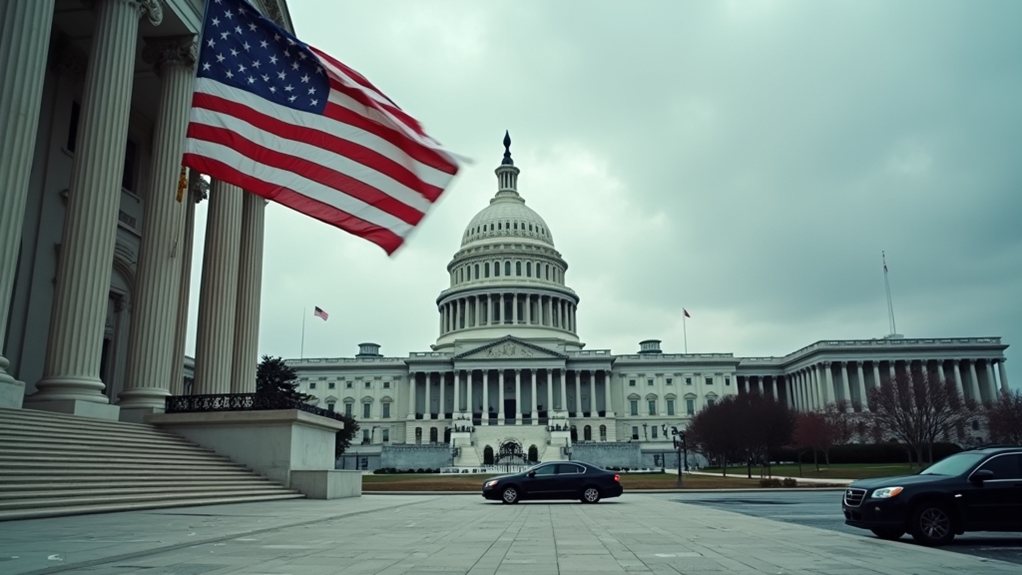The relationship between Vladimir Putin and U.S. presidents has been marked by intrigue and tension. Since becoming president in 2000, Putin's interactions with American leaders have often been complicated. His first meeting with President Bill Clinton was cold, leaving Clinton feeling rebuffed. Clinton was wary of Putin's lack of commitment to democracy. This mutual distrust set the stage for future relations.
With President George W. Bush, the relationship started positively, especially after the events of 9/11. Bush claimed to have seen Putin's "soul" during their early meetings. However, tensions rose sharply due to the Iraq War and NATO expansion, and the 2008 invasion of Georgia further strained their ties. Bush confronted Putin during the Beijing Olympics, highlighting their growing rift. Political developments in the early 21st century significantly impacted their relationship.
President Barack Obama sought to reset U.S.-Russia relations in 2009. Initially, there was hope for improvement, but tensions escalated with the U.S. intervention in Libya in 2011. Putin accused the U.S. of stirring protests in Russia. The annexation of Crimea in 2014 led to severe sanctions and a refusal from Obama to provide lethal aid to Ukraine, deepening the divide. The international sanctions targeting Russian banks and oligarchs following the annexation played a significant role in souring relations further.
Donald Trump was different. He expressed admiration for Putin during his campaign. Investigations into Russian interference in the 2016 election created a cloud over Trump's presidency. Despite doubts about U.S. intelligence reports, Trump maintained a controversial relationship with Putin, culminating in the 2018 Helsinki summit, where many viewed Trump as overly deferential.
Joe Biden's approach was more aggressive. With a long history of interactions, Biden labeled Putin a "killer" in 2021. Their summit in Geneva aimed to stabilize relations. Biden's strong response to Russia's invasion of Ukraine in 2022 marked a significant shift, rallying NATO allies against Russian aggression.








